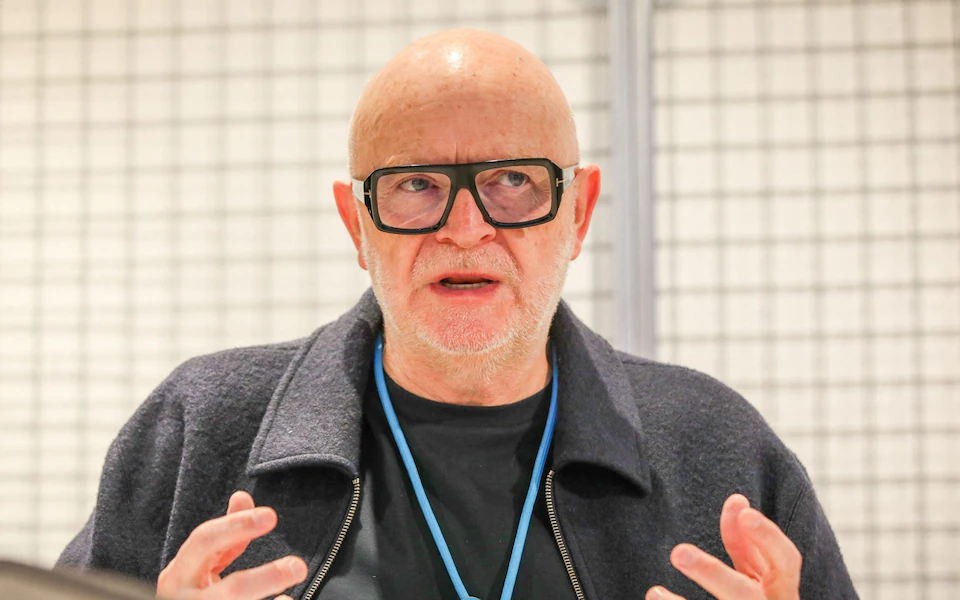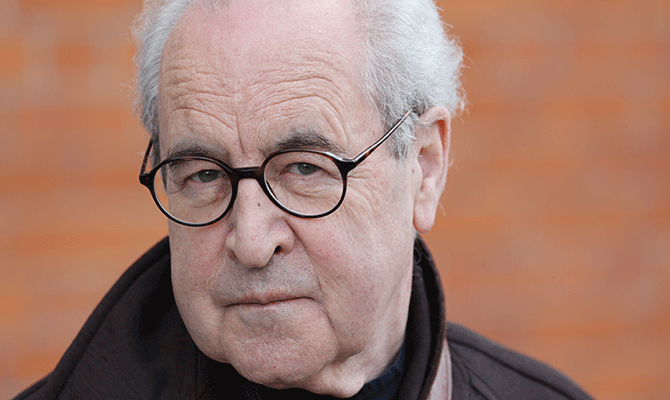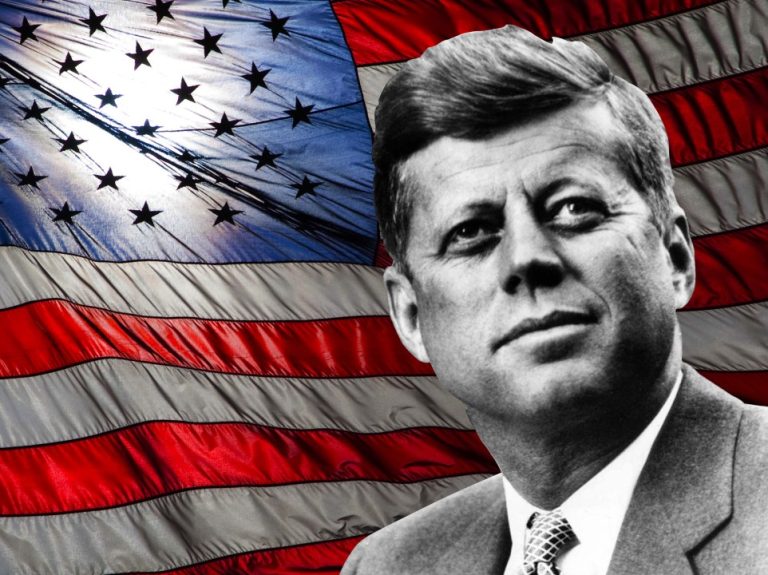
In a stunning turn of events on March 31, 2025, Primark boss Paul Marchant resigned following an allegation by a woman about “his behaviour towards her in a social environment.”
Associated British Foods (ABF), Primark’s parent company, confirmed that an investigation by external lawyers found Marchant had “acknowledged his error of judgement and accepts that his actions fell below the standards expected” by the business.
This marks the end of a 16-year tenure that transformed Primark into a global retail giant, with deep ties to its Irish origins as Penneys.
Let’s unpack this leadership shake-up, explore its Irish connections, and address the key questions swirling around this story.
The Fall of a Retail Titan
Paul Marchant’s resignation was abrupt and “immediate,” a rare move for a chief executive who’d helmed Primark since 2009.
ABF revealed that Marchant cooperated fully with the investigation, apologised to the individual involved, and expressed regret to the ABF board and his Primark colleagues.
The company also disclosed a prior incident of “inappropriate communication” involving Marchant, investigated “some time ago” with “proportionate action” taken, though details remain scarce to protect those involved. George Weston, ABF’s CEO, voiced his dismay, stating, “I am immensely disappointed. Colleagues and others must be treated with respect and dignity. Our culture has to be, and is, bigger than any one individual.”
The timing couldn’t be worse for Primark. The retailer, a cornerstone of ABF’s £20bn empire, recently reported a sales dip in the UK and Ireland over Christmas 2024—regions accounting for 45% of its revenue.
ABF’s share price dropped nearly 4% to £18.64 post-announcement, reflecting investor jitters. Susannah Streeter of Hargreaves Lansdown called it “unsettling,” noting Primark’s loss of UK market share amid weaker consumer sentiment.
An Irish Legacy: From Dublin to the World
Primark’s story begins in Ireland, where it still trades as Penneys—a name synonymous with affordable fashion since Arthur Ryan opened the first store on Dublin’s Mary Street in 1969.
Under Marchant’s leadership, this Irish-born brand expanded from its Celtic roots to over 450 stores across 17 countries, a feat that mirrored Ireland’s own knack for punching above its weight globally.
Marchant, who succeeded Ryan, spent much of his time at Primark’s Dublin headquarters, steering its international growth while keeping its low-price ethos intact.
Ireland’s influence on Primark runs deeper than its founding. The brand’s “ubiquitous appeal,” as retail analyst Catherine Shuttleworth puts it, echoes the Irish spirit of accessibility and practicality—think of the bustling Dublin markets or the no-nonsense charm of Penneys’ flagship stores. Marchant’s exit feels like a seismic shift for a company with such Irish DNA, raising questions about whether its next chapter will honor that heritage or pivot elsewhere.
What Did Paul Marchant Do?
The exact nature of Marchant’s misstep remains under wraps. ABF has declined to elaborate beyond stating it occurred “in a social environment,” leaving speculation rife but details elusive.
Was it a colleague? An external acquaintance? The prior “inappropriate communication” incident adds intrigue, suggesting a pattern that eventually crossed a line too far for ABF’s standards. Marchant’s apology and cooperation indicate accountability, but the lack of transparency—intended to shield identities—has only fueled curiosity about what led to this drastic outcome.
Marchant’s Reign: A Mixed Legacy
Before this scandal, Marchant was a quiet powerhouse. Joining Primark in 2009 after stints at Debenhams, Topman, and New Look, he took a brand born in Dublin and made it a global name.
He resisted online sales until 2022, when Covid forced a click-and-collect pivot—a move that paid off despite initial skepticism. In a rare 2022 BBC interview with Emma Simpson, Marchant emphasized durability: “We don’t want customers to buy something and then discard it.
We want them to buy, love and keep it in their wardrobe [and] hand it down to their friends.” Yet, Primark’s “fast fashion” label drew criticism for encouraging throwaway culture, a tension Marchant navigated with mixed success.
His Irish connection wasn’t just logistical. Primark’s expansion under Marchant mirrored Ireland’s own economic boom, tapping into a youthful, cash-conscious demographic that adored its rapid stock turnover. But as Shuttleworth notes, Primark’s leaders “fly under the radar,” letting products speak—a trait Marchant embodied until this public unraveling.
An Irish Angle: Culture and Accountability
In Ireland, where Penneys is a cultural institution, Marchant’s resignation hits differently. The Irish value community and integrity—qualities ABF’s Weston underscored in his statement about respect and dignity. Could this saga inspire a deeper Irish influence in Primark’s future?
Imagine a leader who leans into Penneys’ Dublin roots, blending sustainability with that Irish knack for storytelling to reframe the brand. Marchant’s exit might be the jolt Primark needs to reconnect with its founding spirit amid modern challenges.
FAQs: Unpacking the Resignation
Who is Paul Marchant? Paul Marchant was Primark’s CEO from 2009 to March 31, 2025, succeeding founder Arthur Ryan. A retail veteran, he worked at Debenhams, Topman, and New Look before driving Primark’s global expansion from its Irish base as Penneys.
Why did Paul Marchant resign? He stepped down after an investigation into an allegation about his behaviour toward a woman “in a social environment.” ABF said he acknowledged an “error of judgement,” with a prior “inappropriate communication” incident also surfacing, prompting his immediate exit.
Who is the current CEO of Primark? As of March 31, 2025, Eoin Tonge, ABF’s finance director, is Primark’s interim CEO, supported by the senior team and strategic advisory board.
Who is the CEO of Cabot Financial Ireland? This is unrelated to Primark, but for clarity, Sean Webb has been CEO of Cabot Financial Ireland since at least 2023, per available records—no change is tied to this story.
Who is Paris Marchant? There’s no notable Paris Marchant linked to Primark. It’s possible this is a confusion with Paul Marchant or an unrelated figure—context is unclear.
What’s Next for Primark?
With Eoin Tonge stepping in as interim CEO and Joana Edwards as interim finance director, Primark faces a transitional phase. The brand’s Irish heart—born in Dublin’s Penneys—remains a strength, but challenges loom: declining UK/Ireland sales, leadership uncertainty, and a need to regain consumer trust. Streeter warns of potential slowdowns in international expansion, though Primark’s global performance has been a bright spot. Could an Irish-inspired revival, rooted in affordability and integrity, steer it forward?
ABF’s commitment to supporting the woman who raised the complaint signals a cultural reset. As Weston put it, “Acting responsibly is the only way to build and manage a business over the long term.” For a brand with Irish soul and global reach, this could be a defining moment.
Final Thoughts
The resignation of Paul Marchant closes a chapter for Primark, a retailer that rose from Dublin’s streets to high-street dominance. His “error of judgement” and the fallout underscore the fragility of leadership, even for a brand as robust as Primark—or Penneys to its Irish faithful. As the dust settles, all eyes are on how this Irish-rooted giant navigates its next steps. Will it lean into its heritage or chart a new course? One thing’s certain: the story of Primark boss Paul Marchant resigns will linger in retail lore.



